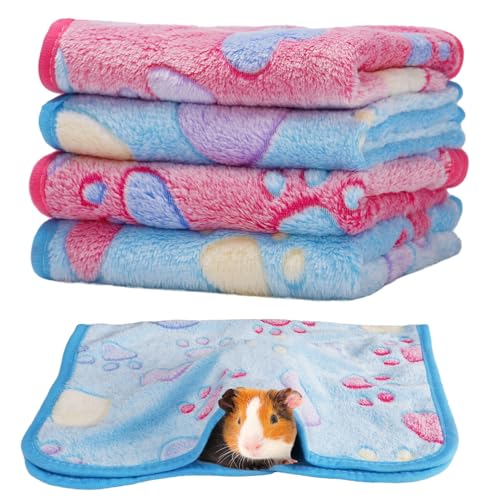Both loose hay and cubed are fine. I prefer loose hay.
Long strands of loose hay are great for digestive system, they also help to propel ingested fur through the intestinal tract.
Acid detergent fiber of some cubes may not be ideal, chins seem to do better on high ADF diet. This is another reason I like loose hays more.
The advantage of cubes is incisor wear(however in cubes that I tried only outer layer of the cube was hard, once it chewed off I can easily pry flakes loose with my nail).But my chins just love to destroy wooden houses, shelves, apple perches, pumice stones etc, so I worry about molars. Loose hay requires more grinding from the molars, cubes still require some molar grinding but not as much as as loose hay.
Fecal water content may be lower if loose hay is not included in the diet.
I like to evaluate the quality of the hay: touch it, smell it, bend it, check for weeds etc. It's not that easy to do with cubed hay.
Cubed hay takes less time to chew than loose hay, so I am not sure if cubes really satisfy chins pervasive urge to chew. Loose hay also provides entertainment
If to compare just loose timothy hay and timothy/alfafla cubes. I think many chins will like cubes better, because they just love alfalfa. I've heard that some cubes may have molasses added, chins may like that taste more than just hay.
Another thing that I worry about whether it's loose grass hay or cubed is calcium level. It does vary a lot between different brands, cuts. I prefer to give primary grass hay that is about 0.65-0.70% calcium, Mg 0.34%, and Fe 160ppm. I offer other types of grass hays as well that are much lower in minerals (in limited amounts daily) just because I see other benefits, and they are also important. And this way they eat much more hay.
Maybe it's just crazy me! I just love nutrition topics. Cubes are fine, it's just your personal preference!















